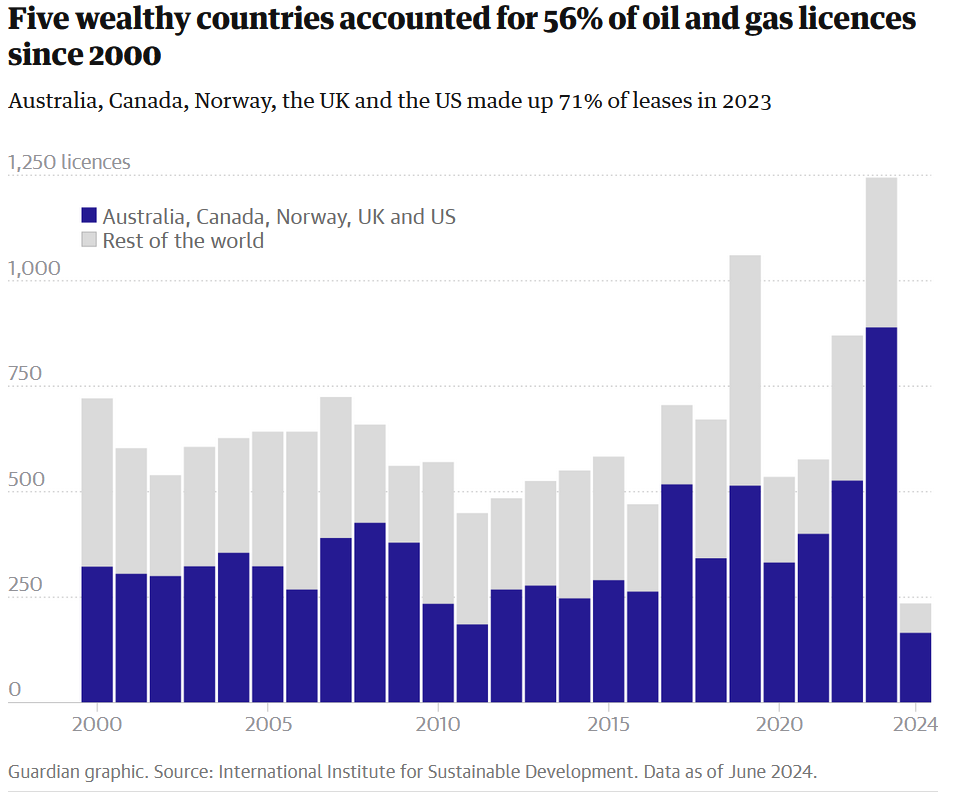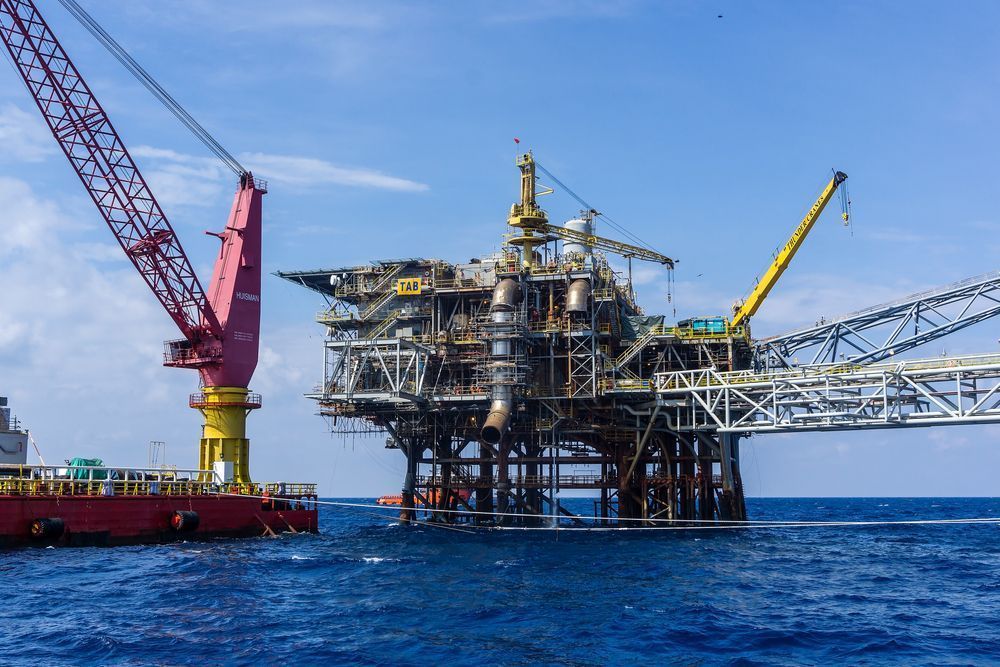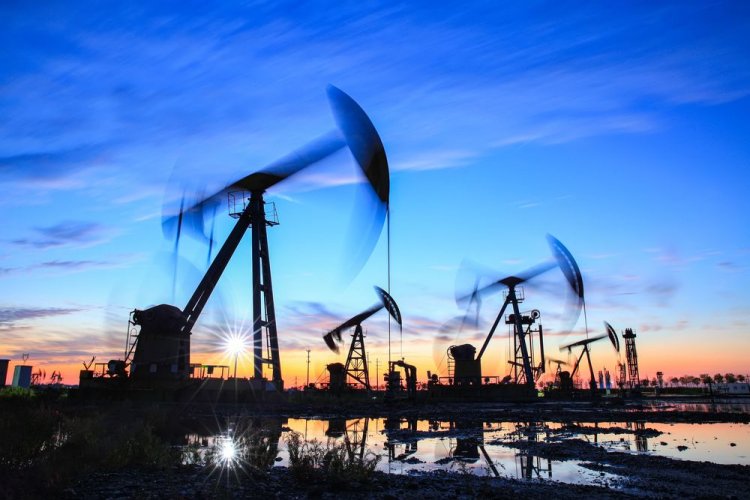New licenses for the development of oil and gas fields, which are projected to be issued worldwide this year, will lead to the release of almost 12 billion tons of planet-heating emissions. At the same time, the richest countries in the world, such as the United States and Great Britain, will lead the wave of fossil fuel extraction.
This writes The Guardian, citing industry data from the International Institute for Sustainable Development (IISD).
According to the analysis, new licenses for the development of oil and gas fields will lead to the highest level of emissions since the issuance of licenses in 2018. Greenhouse gas emissions of 11.9 billion tons – roughly equal to China's annual carbon emissions – from all current and future oil and gas fields, which are projected to be licensed by the end of 2024, will be greater than in the last 4 years combined. The projections include licenses issued as of June 2024, as well as oil and gas sites open to auctions under evaluation or scheduled for production.
Analysts also noted that fossil fuel companies are investing more money in developing new oil and gas fields than at any time since the 2015 Paris Climate Agreement, when governments around the world agreed to take action to cut emissions and curb global warming.
The world's richest countries are in the best economic position – and obliged by the Paris Agreement – to lead the transition from fossil fuels to cleaner energy sources. But these countries are leading the latest wave of drilling despite shrinking readily available reserves, issuing 825 new licenses in 2023, the most since records began.
"The hypocrisy of rich countries is astounding as they continue to invest heavily in fossil fuels," said Harjit Singh, a representative of the Fossil Fuel Non-Proliferation Treaty Initiative.
The UK, US, Canada, Norway and Australia accounted for more than two-thirds (67%) of all new oil and gas production licenses issued globally since 2020. A similar picture has been observed since 2000:

"The logical first step in the "rejection" of oil and gas is to stop the discovery of new deposits. Therefore, the fact that after the signing of the COP28 agreement, geological exploration activities not only did not stop, but also increased, is deeply disturbing. Rich countries with relatively low dependence on fossil fuel revenues should be the first to stop issuing licenses. We don't see that in the data," said study co-author Olivier Bois von Kursk, who is a policy advisor at IISD.
During Biden's presidency, the US issued 1,453 new licenses for oil and gas production, which is half of the world's total and 83% of all licenses issued by rich countries. This is 20% more than during the administration of Donald Trump, who promised to “drill, little, drill” if he returned to the White House.

According to Open Secrets, the oil and gas industry continues to invest heavily in political influence in oil and gas-producing countries, spending $1.25 billion on lobbying in Washington and more than $650 million on election campaigns over the past decade.
In May, the UK issued more licenses than any other country. Britain's newly elected Labor government has vowed to stop new drilling, but it is unclear whether the surplus of licenses issued by the outgoing Conservative Party will be reversed.
Who is the leader in the number of issued licenses
A new Rystad analysis of industry and government data by IISD found the following positions:
- Over the past decade, new licenses issued by high-production, low-dependency countries, including the US, UK, Canada, Australia and Norway, contributed 5 times more greenhouse gas emissions between 2014 and 2023 than all other oil and gas producing countries combined taken
- The US, which has become the world's largest producer of oil and gas by a wide margin in recent years, leads the way in 2023, issuing a record 758 new licenses for production projects – almost as many as in the previous three years combined. The total number of licenses that the US plans to issue in 2024 will lead to 397 million tons of emissions.
- The UK is forecast to issue 72 licenses this year, emitting 101m tonnes of global warming pollutants, the highest figure in 50 years.
- Norway will issue 80 oil and gas licenses this year, emitting 771 million tonnes of greenhouse gases, threatening to be the biggest contributor to global emissions since 2009 and equivalent to putting 183 million new petrol cars on the road.
- Australia is forecast to issue 20 new licenses in 2024, which could result in 217 million tonnes of carbon emissions over the long term – the most since 2009 and more than the last 5 years combined.
- According to the latest data, Russia will account for three quarters of global emissions from new licenses issued in June.
Before, EcoPolitic has already warned that global oil giants such as Exxon, Chevron, Shell and Saudi Aramco increase investments into oil and gas production for record profits while cutting spending on green energy projects.





